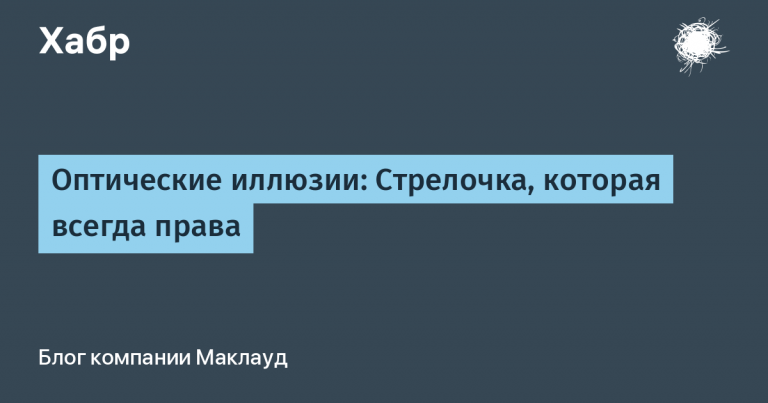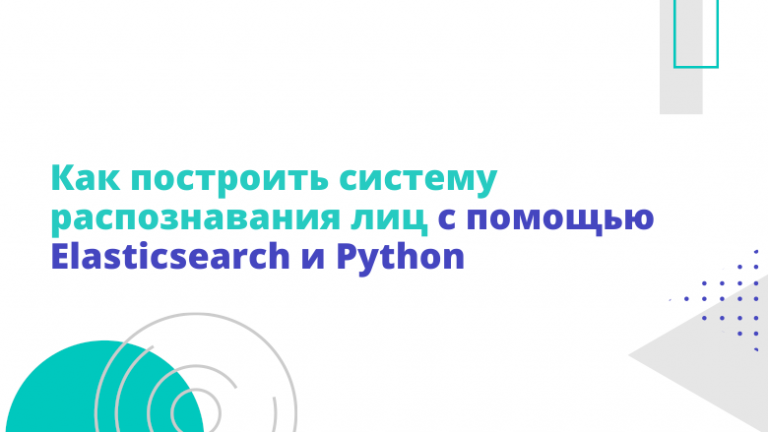books on how to build a career in IT

A successful developer career is not only about skills and knowledge, but also about the ability to “sell” yourself, maintain a work-life balance, and avoid burnout. In this selection, we will look at books that will help you go from beginner to professional, staying on the crest of the wave in the rapidly changing IT industry.
The Complete Software Developer's Career Guide
Author: John Sonmez

The book covers a wide range of topics related to the career of a software developer, regardless of experience and level of professionalism. John Sonmez is an author, trainer, and founder of Simple Programmer, a platform with useful resources for programmers. The reader will find 796 pages of personal stories, proven strategies and practical advice. The author also paid attention to exercises and tasks. The book contains useful information on professional skills and personal development, including time management, productivity, health and work-life balance.
There won't be many detailed technical guides here, and the ones that are there may seem a little outdated. For example, recommendations for using the AngularJS framework, which was very popular before the release of Angular 2 and subsequent versions. Today, developers prefer to deal with new versions of Angular. And specific advice on implementing Scrum in its original form does not take into account later versions of the Scaled Agile Framework (SAFe) methodology or new tools for managing Agile projects.
How to sell yourself profitably to an employer if you don’t have the necessary work experience
Author: Alexander Tovstonog

Alexander Tovstonog's book introduces IT specialists to a practical approach to job search. Using the author’s advice, programmers with little work experience will be able to stand out in the labor market and convince the employer of their value. The book explores options for writing resumes and cover letters, as well as the importance of maintaining professional connections both offline and online. The reader will be introduced to different types of interviews, including behavioral and situational. In the same place, Tovstonog gives examples of answers to questions from an employer or hiring manager.
The author pays a lot of attention to the development of skills and competencies, as well as the importance of confidence in one’s strengths and abilities. All this is supported by real-life examples and practical advice. However, experienced developers may find them general and superficial. Some points in the book do not take into account the specific situations or needs of various professional fields. For example, what works for a marketer may not work for an engineer or programmer.
The Pragmatic Programmer: 20th Anniversary Edition
AuthorsStars: Andrew Hunt and David Thomas

The book The Pragmatic Programmer: 20th Anniversary Edition is a new reprinted and improved version of the book “The Pragmatic Programmer. The path from apprentice to master.” Unfortunately, only the first version of the book has been translated into Russian, but it deserves attention. The basic principles set out in different versions of the publication have remained unchanged: developer pragmatism, continuous self-education, debugging and automation of processes, coding with an eye to the future, time management, etc. If English is not a problem, we recommend reading the new version of the book. But the 1999 original has not lost its relevance in the main points.
When it comes to practices, tools and technologies, The Pragmatic Programmer: 20th Anniversary Edition will be more useful. The authors have modified or refined the original ideas from 1999. For example, recommendations for using CVS (Concurrent Versions System) tools for version control and make for build automation have been replaced by recommendations for using Git and modern continuous integration and delivery (CI/CD) systems like Jenkins and Travis CI. The anniversary edition also includes a discussion of microservice architecture instead of traditional monolithic architectures and much more.
The new version of the book is somewhat longer, and the abrupt transition from discussing basic concepts to complex modern methodologies may cause confusion for readers, especially those who do not have much programming experience. It is important to consider that the IT field is changing rapidly and some recommendations may become outdated in just a couple of years.
They say they pay a lot in IT. How to build a successful developer career, stay in demand and not burn out
Author: Elena Pravdina

This book is a practical guide for developers who are focused on advancing their careers. The author reveals topics of professional and personal development to achieve goals and tells secrets for avoiding burnout in the workplace. Programmers of any level will be interested in learning how to look for a new job, write a resume correctly, taking into account new trends in the industry, and develop communication skills with colleagues.
Elena Pravdina paid a lot of attention to issues of mental and physical health. Typically, self-development books do not cover these topics sufficiently, although sustainable career growth is impossible without a stable nervous system. The book will be useful for professionals who want to remain competitive in the rapidly changing IT industry, while maintaining health and motivation.
However, some of the author's recommendations may be too general and do not take into account the specific working conditions in various sectors of the IT industry. For example, advice that is appropriate for a web developer may not be appropriate for a cybersecurity specialist or data analyst. Pravdina also paid a lot of attention to the development of soft skills, perhaps to the detriment of discussing technical skills and competencies, which are also important for a successful developer career.
Programming. Interview with a career consultant (Cracking the Coding Interview)
Author: Gail Laakmann

This book is one of the most popular and respected technical interview preparation guides for programmers. The book was first published in 2008, after which it was updated and reissued several times to take into account new trends in the IT field. Gail Laakmann McDowell is an experienced software engineer and career coach who has worked for companies such as Google, Microsoft, and Apple. She is the founder of CareerCup, a site dedicated to preparing for technical interviews. Laakmann has significant experience in interviewing and has a good understanding of what employers are looking for in candidates.
Her book remains relevant for developers today. It covers 189 programming questions covering basic topics and concepts that candidates may encounter in an interview. The author also shares strategies and tactics for successful technical interviews, including recommendations for preparation, time management and applicant behavior.
The reader will learn all the most important things about basic algorithms and data structures, methods for solving problems, and will be able to practice using the examples presented. However, most of the author's advice is geared towards preparing for interviews at large tech companies like Google and Microsoft, which may not necessarily apply to interviews at smaller businesses or startups. The book may be difficult for inexperienced programmers, so they will need to put in more effort.
Each of these books does its own thing to help developers stay relevant and productive. We will be grateful if you share the best books on this topic, in your opinion!





